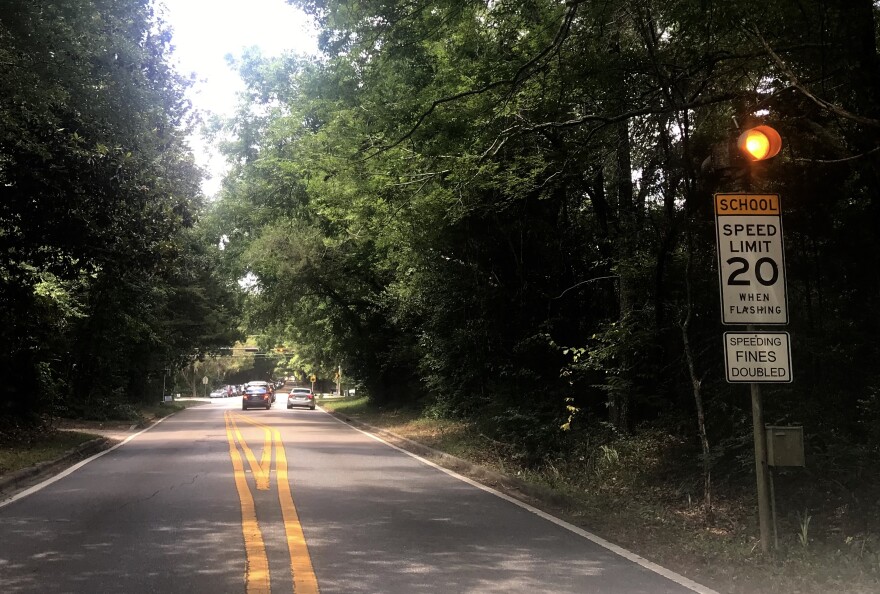Amneris Ortiz is a single mom with three kids. She lost her job as a receptionist due to the pandemic and is now unemployed. Ortiz says her utilities got disconnected about three weeks ago.
"My kids they [were] like, 'mom, what happened?' Because they came [home] from school. And I say, 'oh my god, I don't know what I can do right now,'" Ortiz recounts.
She was able to get help paying her bills, which allowed her power and water to be restored the next day. But others aren't as fortunate. More than 90,000 Floridians had their utilities disconnected in January of this year.
"My very last call last night or text message before I went to bed was a single mother asking for help to keep her lights on," says father Jose Rodriguez, vicar of the Episcopal Church of Jesus of Nazareth. It's based in Azalea Park, a community in the Orlando area. Rodriguez says neighbors are struggling to pay their utilities, so they come to his church asking for help.
"In this neighborhood, the story is the same because the industry that families served is the same. They worked for a local hotel, they worked for the theme park, they worked at the airport, they worked in our hospitality industry, they've either lost their jobs or their hours have been reduced or they have irregular hours, and they're having trouble making ends meet, and they're coming for help," Rodriguez says.
His church helps when it can, but the need has been so great, Rodriguez says for the first time, they're finding themselves saying no more than yes when people come by. Rodriguez is now a part of the Connected in Crisis Coalition, which advocates for people who can't pay their utility bills. Members include Rep. Carlos Guillermo Smith (D-Winter Park), who is pushing a bill meant to give relief to those struggling to keep the lights on.
"We know that electricity is not a luxury in Florida. It is a necessity," Smith says.
Smith's proposal would create a utility customer assistance fund that would reimburse utilities for providing subsidized repayment plans to customers with accounts past due. To get reimbursed, the companies have to do certain things. They must state that they won't disconnect residential customers through the end of the year. They also have to waive all reconnection fees for people who were disconnected at the beginning of the pandemic. And try to restore utilities to anyone who was disconnected. Right now, Smith's proposal would use $100 million from general revenue to reimburse utilities, but he's hoping the legislature will use funds from the new federal COVID-19 relief package to pay for his proposal.
"There is not a need for us to dip into state general revenue to fund this program because we have over $10 billion on the way, and I'm actually not even including the money that is going to be allocated to cities and counties in Florida," Smith says.
Smith says so far, lawmakers he's talked to haven't resisted his bill. But they also haven't scheduled it for a hearing.


